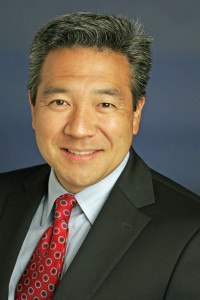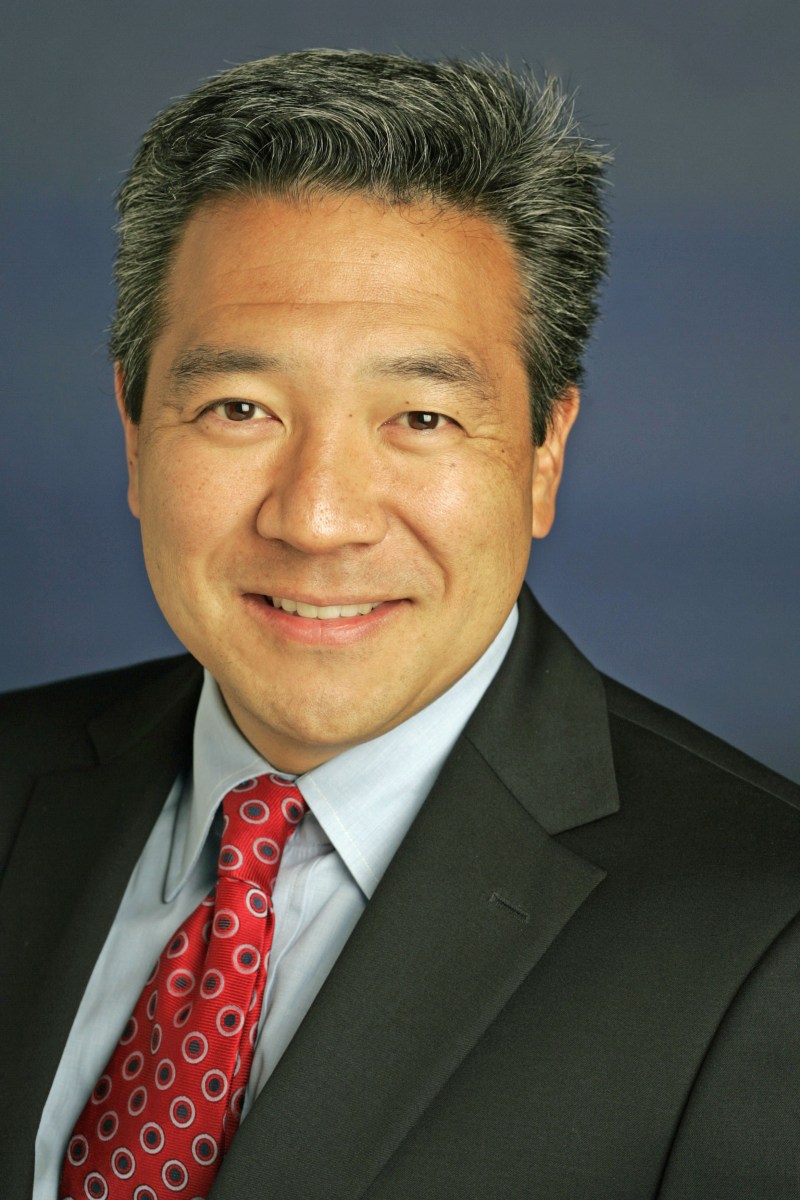
Kevin Tsujihara MBA ’92 is the recently selected Chief Executive Officer (CEO) of Warner Bros. Entertainment and the first Asian-American CEO of a major Hollywood studio. Tsujihara, who has worked at Warner Bros. since 1994 and who previously served as President of Warner Bros. Home Entertainment, sat down with The Daily to discuss his time at the Graduate School of Business (GSB) and his hopes for the future of the entertainment industry.
The Stanford Daily (TSD): What were the most valuable courses you took or experiences you had at Stanford?
Kevin Tsujihara (KT): One was a leadership class and one was more about communications and EQ [emotional intelligence], and being able to communicate and understanding other peoples’ feelings. In both cases, they are extremely useful as an executive. One [taught students] to be able to communicate and understand people and understand where they are coming from. And the other one is [about] what is a great leader? How do you build companies, and how do you build companies that succeed and endure?
TSD: Why did you decide to work for Warner Bros., and what has your experience there been so far?
KT: Before I went to business school, I worked for Ernst and Young, and I primarily did mergers and acquisitions work. During the four years I was there, I probably spent two years with Warner Brothers and Time Warner, and so I was very familiar with the company. I did a startup after I graduated from business school that wasn’t very successful and so as a stopgap–to go to a company before I figured out exactly what I was going to do–I said I’d go to Warner Bros and see how it goes. That was 19 years ago…and I’ve done a number of different things here. I didn’t grow up saying, “I want to work in the movie business.”
TSD: How have you stayed involved in the Stanford community? When did you last visit Stanford, and how has it changed?
KT: I’ve talked at a class every year. Professor [Bill] Guttentag has a media and entertainment class at the GSB, and so I go in and guest lecture. I’ve done that for three or four years, so the last time I was there was last spring, and the transformation of the Business School since I’ve been there has been amazing. I just can’t believe how much it has changed.
TSD: How is the GSB different from when you were there?
KT: Just the infrastructure. I’m not as familiar as far as how the curriculum has changed, but from the sheer buildings and the food and the classrooms, everything looks so much better than it did when I was there. As it relates to the curriculum, I’m getting more involved in that. I joined the advisory council for the business school, and I just met with the Dean a couple of weeks ago to kind of talk about how I can become more involved…I’ve been making a few calls for the business school to try to help some of our recruits that we have that are trying to make a decision to accept or not accept their offers to go to the business school.
TSD: What do you tell the recruits about the GSB and your experience there?
KT: I think it depends on what the questions are, because I try to answer the questions for the person as it relates to what’s going into the decision and what’s your background, because everyone’s background is a little bit different and everyone takes something a little bit different. But I look back to my time at the business school and some of the best friends that I have, 20-something years later, are the guys and people I went to business school with. I travel with them, my families are close with their families, and I look back very fondly at the ability to be able to take a couple years out of my life and try to figure out what I want to do and at the same time meet some incredibly gifted people.
TSD: What do you see as your biggest accomplishments as president of Warner Bros Home Entertainment?
KT: I think that we were able to grow our market share and help develop the technologies that are going to be the underpinning of the future of home entertainment during the time we were there…I’m really uncomfortable saying, “I did this, I did that.” “There’s no I in team,” is what we say a lot around here.
I think our team accomplished a lot…We moved the industry towards different business models with different technologies. I do think that we have set the template and have to execute on the strategy, but I think we’ve really done a good job of kind of prioritizing where we need to go and focusing on the consumer in a way that the industry hadn’t traditionally done.
TSD: Looking forward, what are your team’s primary goals, and how are you hoping to see the entertainment industry transformed?
KT: I think the industry and Warner Brothers needs to be more focused on the consumer in delivering the consumer more options that they want, and to not lock ourselves into our traditional business models of how we deliver incredible film and television and video games, and really kind of think about how do we adapt to all of the changes that have occurred from a consumer perspective.
This interview has been condensed and edited.
